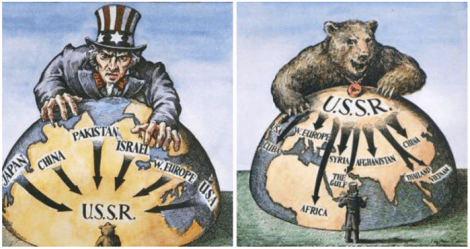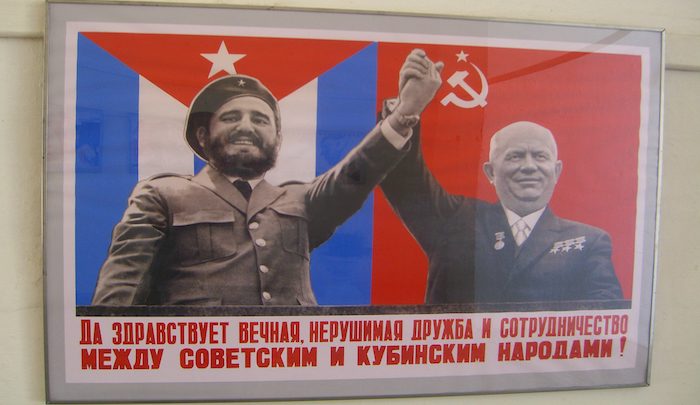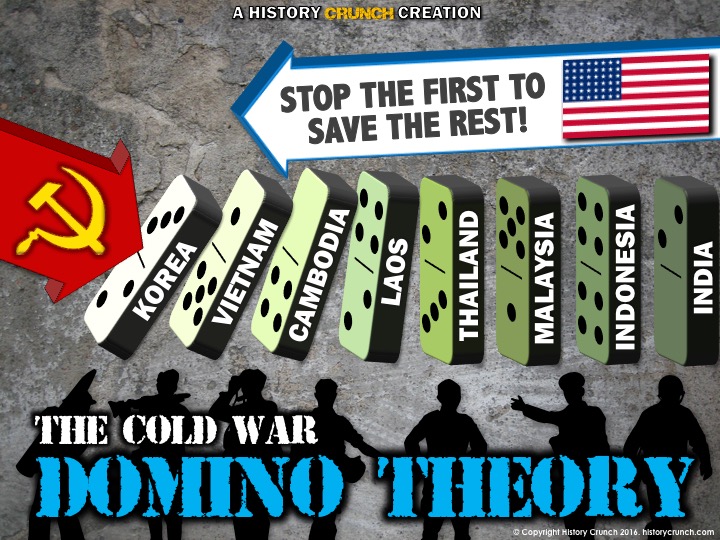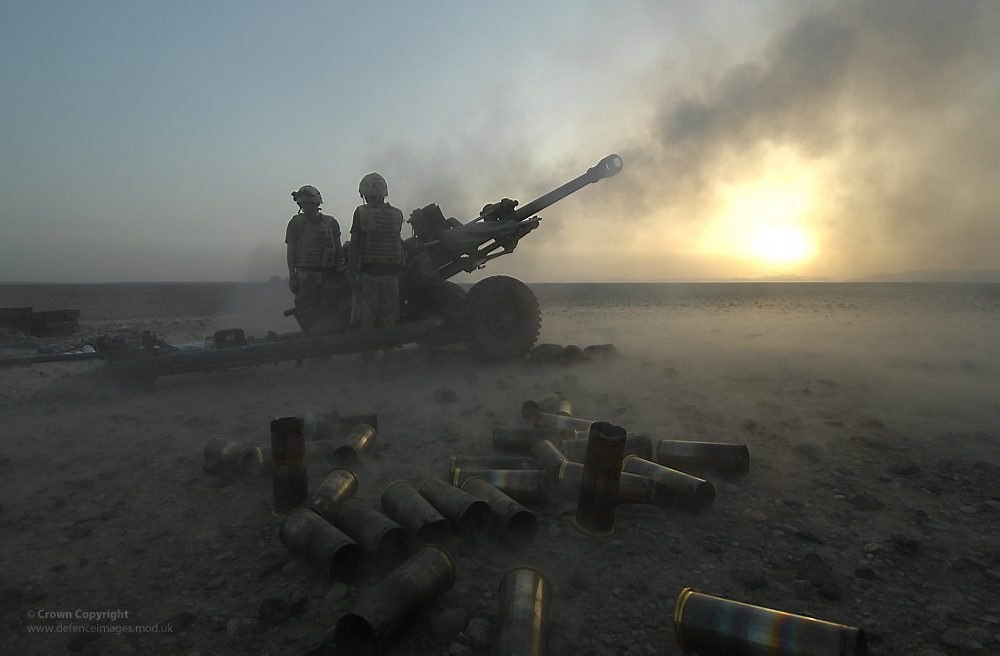What Theories Explain the End of the Cold War
Yet Cold War thinking remains the guiding principle when approaching contemporary threats to state and international security alike Jacob 2017 xviii. Theorists most distant from the methodological creed of behavioralists those who argued for a new epistemology of world politics and a new research agenda never raised the question of Soviet collapse3 Indeed these critics often called for ignoring 1.
Gorbachev as Uncommitted Thinker and Motivated Learner in this issue of International Organization.

. For attempts at such explanations see Richard Ned Lebow When Do Leaders Initiate Conciliatory Policies in Lebow and Risse-Kappen International Relations Theory and the End of the Cold War. National relations the Cold Wars peaceful end and the emerging post-Cold War world. The end of confrontation therefore may lead to disarmament to begin with.
End of the Cold War William C. As the Cold War intensified the United States developed new foreign policies including the domino theory which became a foundation of American foreign policy. The existence of the weapons whose destruction power is beyond ordinary human imagination is itself a source of tension.
And Janice Gross Stein Political Learning by Doing. State failures and the geopolitical disorder that followed were born out of policies generated by reified thinking as to what constitutes material threats in a world order transfigured by the end of the Cold War. Second it will assess if neorealisms or social constructivisms core arguments can better explain three important dynamics of the Cold War namely bipolarity.
Constructivism is the school of thought that has been recently put in place more significantly in describing the international relations since the beginning of the 1980s or almost the end of the Cold War Jackson Sorensen 2007 p. The end of the Cold War was one of the events which clearly indicated the improbability of international relations as the dissolution of the Soviet Union shocked everyone despite the apparent failures of communism for years. This book examines some of the main theories of international relations through a single major historical turning point.
The surprising end of the Cold War shifted not only the world order but also debates in international relations theories. John Lewis Gaddis International Relations Theory and the End of the Cold War Initerna-. Wohlforth iNlodern realism began as a reaction to the breakdown of the post-World War I international order in the 1930s.
The dominant version of realism neorealism is developing in. Theory and the End of the Cold War 7 Hans J. However it is interesting to know if that was ever possible.
Power Transition Theory Power transition theory focuses on the strongest states and draws implications from their inter-actions for war and for the maintenance of and. The end of the Cold War. The theory of realism can explain the Cold War if the Cold War itself is considered to be the end of an era of political and international relations theory the closing of a chapter if you will as the wave of new-found cooperation between post-war allies with the sole intention of pursuing mutually beneficial economic development embodied by the European Union.
It was unexpected by current international relations theories. In 1945 English writer George Orwell first used the term cold war in a published. To better understand how war acts as a means to this end scholars have proposed many theories.
Morgenthau put forward the first comprehensive modern theory of inter- national relations-and the one from which most subsequent theories in that field have evolved-in his 1948 book Politics among Nations. I close with expectations of what the future might hold. Although ideas belong to constructivist approach Gorbachevs desire and readiness to respect and promote human rights can also be explained by realist approach.
Theories is that at a time of sharp resource constraints and major reforms at home Soviet leaders would have been likely to adopt a policy of selective retrenchment and. Broadly constructivism is a social theory dealt with the relationship between actorsagents and structures. The Cold War was caused by a misunderstanding between the United States West and the Soviet Union.
The Struggle for Power and. Human rights ideas and the end of the Cold War One of the key ideas caused changes in Soviet domestic and foreign policy under Gorbachev is that of human rights. The evolution of the Cold War between the United States and the Soviet Union initiated a new US.
The collapse of great-power cooperation after World War II helped establish it as the dominant approach to the theory and practice of international politics in the United States. It will then conclude that social constructivism is most convincing in explaining the Cold War. By the way many predicted the end of the cold war for.
The elimination of the means of destruction alone can ensure peace. The three most plausible theories are offensive realism the power transitions theory and defensive realism. The collapse of the Soviet Union and the fall of Berlin Wall in 1989 indicated the end of the Cold War.
And the end of the Cold War. Accommodation abroad provided that they believed this policy would yield a good. It deals with the tension between established international relations theories and the actual course of international politics thus providing a critical assessment of some of the main theories.
They assumed the survival of 3 This summary is simplistic. Chance of reversing the countrys decline. This book is of interest to.
Probably because predicting the future is a risky business. A major reason the theories of international relations failed to predict the end of the Cold War is that they looked in the wrong place. The West retaliated by flying in suppliesfoodetc to the people of Berlin by airplane which the Soviet Union was too afraid to shoot down in fear of causing another war.
Another factor in the end of Cold War was the efforts towards disarmament. Liberalism as one of the mainstream theories in International Relations contemplated the end of the Cold War as the end of history. IR theory after the Cold War GEORG S0RENSEN The end of the Cold War has prompted a good deal of soul-searching in the academic discipline of International Relations IR Some results of this process are already apparent.
The alliance behaviors of states. The theory of hegemonic stability initially formulated by Kindleberger has been widely discussed and revised since this no longer explains the scenario that followed the Cold War.

Social Constructivism Vs Neorealism In Analysing The Cold War

Domino Theory In The Cold War History Crunch History Articles Biographies Infographics Resources And More

Comments
Post a Comment